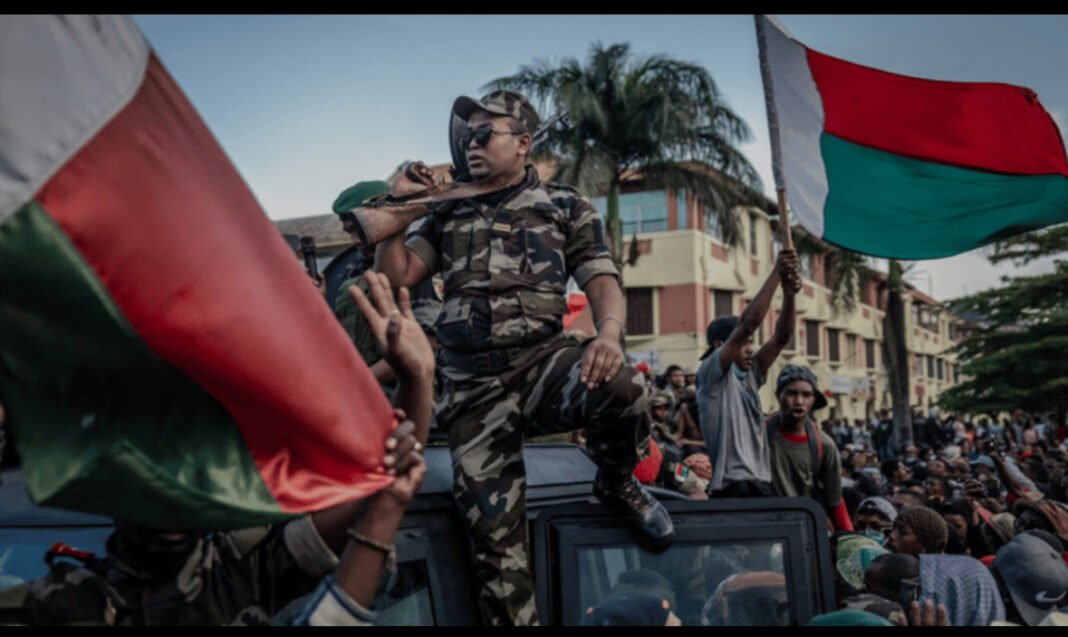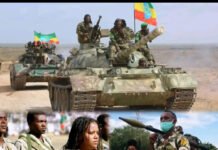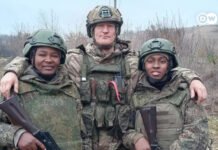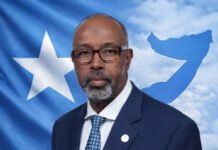ANTANANARIVO, (HAN) — Madagascar’s President Andry Rajoelina warned Sunday that “an attempt to seize power illegally and by force, contrary to the Constitution and to democratic principles, is currently underway,” as the country grapples with a dramatic surge in anti-government protests.
The unrest, which erupted on September 25 over chronic power and water shortages, has intensified after elite soldiers from the CAPSAT unit joined youth-led demonstrations in the capital. Soldiers marched alongside protesters and reportedly encouraged rank-and-file troops to defy government orders to quell dissent.
The demonstrations have since evolved beyond service disruptions, with participants demanding political reform, greater accountability, and the resignation of President Rajoelina. Protesters have also raised concerns about corruption and the lack of economic opportunities for young people.
Government Response
Prime Minister Ruphin Fortunat Zafisambo urged calm on Saturday, calling for dialogue between authorities, youth groups, labor unions, and the military. “We are fully ready to listen and engage in constructive discussion to resolve the situation peacefully,” Zafisambo said.
Authorities have imposed a nighttime curfew in the capital after protests turned violent, with reports of looting, burning of property, and clashes with security forces. Despite these measures, demonstrators continue to mobilize, signaling widespread dissatisfaction with the government.
Human Toll
The United Nations has reported at least 22 fatalities and over 100 injuries since the protests began, though the government disputes these numbers. Hospitals in Antananarivo have reportedly been overwhelmed with casualties from both clashes with security forces and accidents related to the demonstrations.
Political Implications
Political analysts warn that the involvement of the military in the protests marks a dangerous escalation. “When security forces side with demonstrators, it can quickly undermine the authority of the sitting government,” said a regional political expert.
As tensions rise, it remains uncertain whether President Rajoelina can contain the unrest without making significant concessions, or if the protests could escalate into a larger political crisis. International observers are closely monitoring the situation, with some urging restraint on all sides to prevent a violent confrontation.




